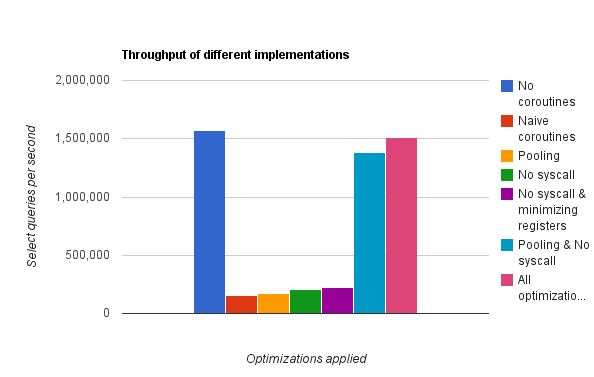You should make it a portal
In a recent interview with Entrepreneur magazine, Paul Graham said something that reminded me of an interesting story:
When Google started, there were eight to 10 successful established search engines already, and search was so uncool that they were trying to get people to call them “portals”.
I landed my first real programming job at a long defunct dot-com startup when I was a senior in high school in 1999. We were building an EBay for home improvement. Homeowners would post home improvement projects, and contractors would bid on them. We were going to take a cut out of each job.
 Slava Akhmechet
Slava Akhmechet
 RethinkDB Team
RethinkDB Team
